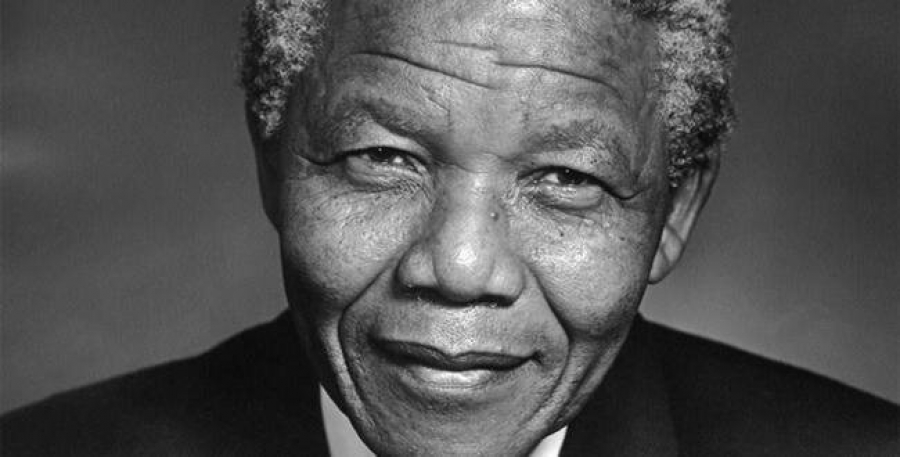

Yesterday, July 18th marks a century from the birth of Nelson Mandela in 1918, the most iconic role in the struggle for the abolition of Apartheid’s racist regime in South Africa.
Nelson Mandela, who spent 27 years in prison, lived to see the justification, as he was elected the first black South African president in 1994, while a year before that he was awarded the Nobel Peace Prize in 1993.
As was the case in many of the former colonial countries in Africa and elsewhere, Mandela’s struggle for racial equality was associated with socialism, as capitalism was globally associated with colonialism.
The most prominent is the case of Ghana, the first African colony to gain independence in 1957, where “the forefather of African socialism” Kwame Nkrymah urged his compatriots not to rest until they brought down the structures of colonialism and build in its place a socialist earthly paradise.
Nowadays, and after often very difficult struggles, many of the African countries are rapidly joining the global economy by adopting the free market and significantly improving their citizens’ living conditions and their performance on global indicators such as the Economic Freedom of the World and Doing Business. The creation of the African Continental Free Trade Area is a very important and promising step, as is the election of Johannesburg’s liberal Mayor Herman Mashaba.
Nevertheless, many African states, including South Africa, are currently facing major corruption and general governance problems, while others have to face dictatorships and extreme poverty.
Nelson Mandela’s great legacy thus places South Africa and the general African continent in the face of a new challenge for the 21st century: The decolonization and abolition of racial discrimination that was conquered with blood must be completed with a peaceful revolution this time – with the consolidation of the rule of law and the liberation of the African creative forces. Only then will the vision of freedom become a reality for Africa.
Σχετικά άρθρα